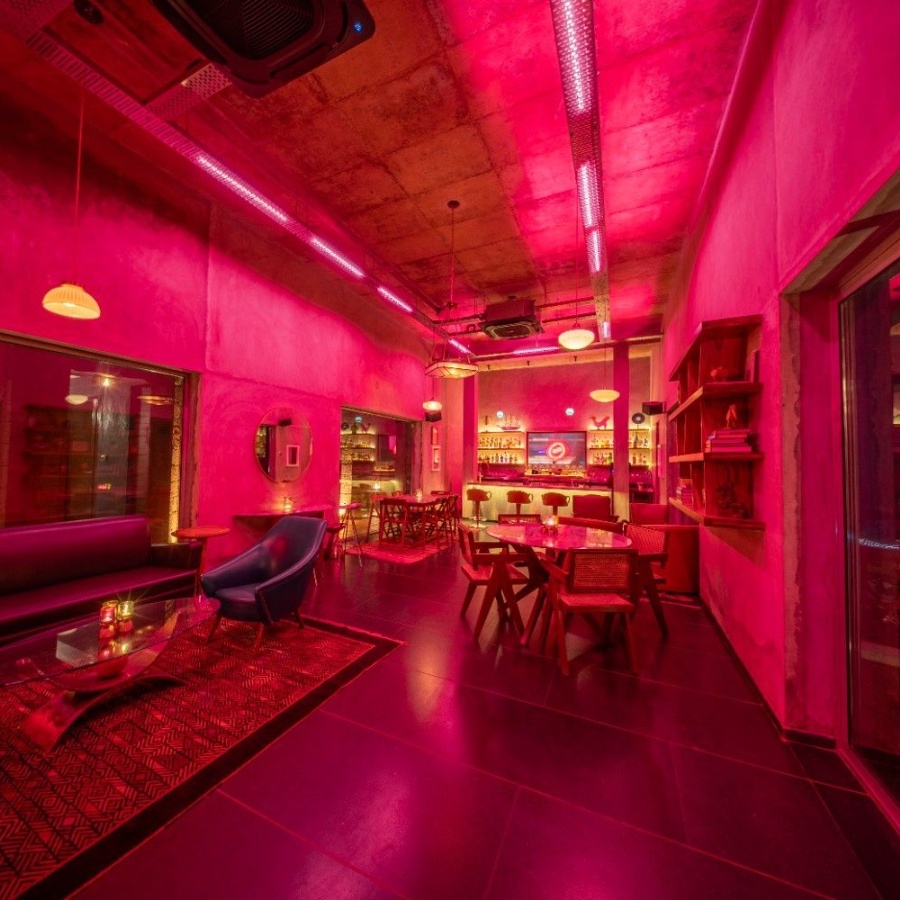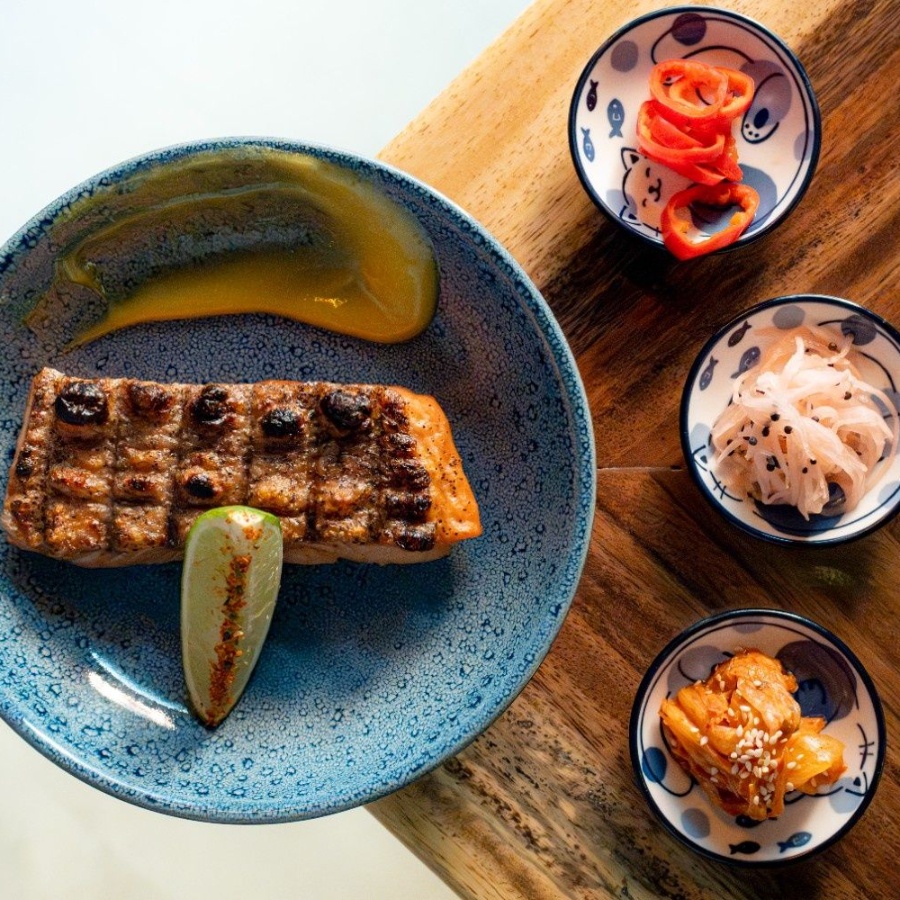If you grew up in India, chances are your first encounter with design wasn’t in a museum but in your kitchen drawer. Those little matchboxes with their roaring tigers, flying swans, and glamorous goddesses were everywhere. They lit stoves, cigarettes, and sometimes, imaginations. Each label was a mini poster, a slice of pop culture, and, for many of us, a quiet memory of home.
For Sonal Nagwani, that memory never really left. “I used to have a huge collection from which I used to make small miniature sofa sets out of cigarette boxes and matchboxes,” she recalls. Years later, that playful nostalgia found its second life in Maachis, an art revival project she co-founded with fellow designer Kevin Thomas, both graduates with design backgrounds. Nagwani studied at the Symbiosis Institute of Design in Pune, while Thomas graduated from St. Joseph’s College in Bengaluru. Before Maachis, Thomas worked as a product designer, and Nagwani worked as a brand strategy consultant. Together, they swapped their 9-to-5 jobs for something far more hands-on.
With their Bengaluru-based brand, the duo hopes to transform India’s forgotten matchbox designs into collectible wooden boxes, each a little work of art. This passion project—equal parts curiosity and rebellion—has quickly turned into a hit. “We did our first stall at the Bloom in Green festival in Bengaluru in December last year. And we were sold out in three days,” she says. “That made us realise that people want this. People have that connection with the matches already.”
You’ll find handcrafted ivory-wood boxes with magnetic bodies, bold illustrations, and stories that straddle nostalgia and now. Their reinterpretations are clever, sometimes cheeky, and not afraid to make a statement. ‘Make Art Not War’, for instance, takes Raja Ravi Varma’s famous painting of a woman holding a bowl of fruit and replaces it with a watermelon. It is a quiet nod to Palestine and a piece of art that doubles as a comment on peace, protest, and the politics of beauty.








